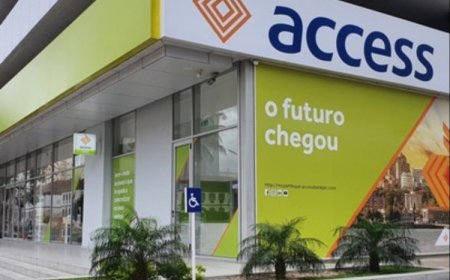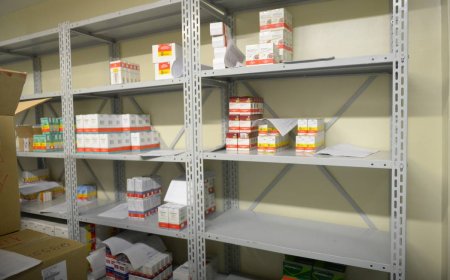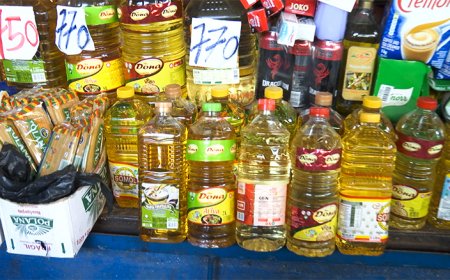Fuel Crisis Fuels Black Market Surge in Mozambique: Prices Hit 250 Meticais per Litre
Mozambique is facing a deepening fuel crisis, with black market speculation pushing prices to unprecedented levels — reaching as high as 250 meticais (nearly USD 4) per litre in cities like Nampula, Tete and Pemba. The shortage is affecting both urban and rural areas, severely disrupting daily life and economic activity across the country.

An investigation by TORRE.News reveals that organized groups of informal traders, allegedly operating in collusion with fuel station employees, are diverting supplies immediately upon arrival in provincial capitals. These groups reserve fuel for exclusive networks of clients and resell it at exorbitant prices outside official distribution points.
As a result, the fuel entering these regions is largely inaccessible to ordinary consumers. The artificial scarcity generated by these parallel markets is inflating prices and fueling public frustration, particularly among transporters, motorists and small businesses dependent on regular fuel access.
In the capital, Maputo, the situation is also critical. Fuel stations are increasingly closed or operating under strict limitations, with long queues, empty pumps and rising uncertainty becoming part of daily reality.
In response, the Mozambican government has issued public reassurances that fuel deliveries continue on a scheduled basis and that strategic reserves remain sufficient to meet national demand. However, officials admit that logistical and administrative obstacles are hindering the final distribution of fuel to consumers.
“The apparent shortage at the pumps is not due to lack of product, but rather to logistical and administrative issues,” explained government spokesperson Inocêncio Impissa during a weekly press briefing.
One key challenge, the government acknowledges, is that fuel currently held in customs depots can only be released once importers provide bank guarantees — a condition that many distributors are struggling to meet due to limited access to foreign exchange and credit.
In a fragile economic environment marked by rising living costs, the fuel shortage is intensifying pressure on the public and creating fertile ground for speculation and profiteering. The government has pledged to investigate the roots of the crisis and hold accountable those involved in illegal diversion and resale schemes, as part of efforts to restore stability and transparency in the energy sector.



















